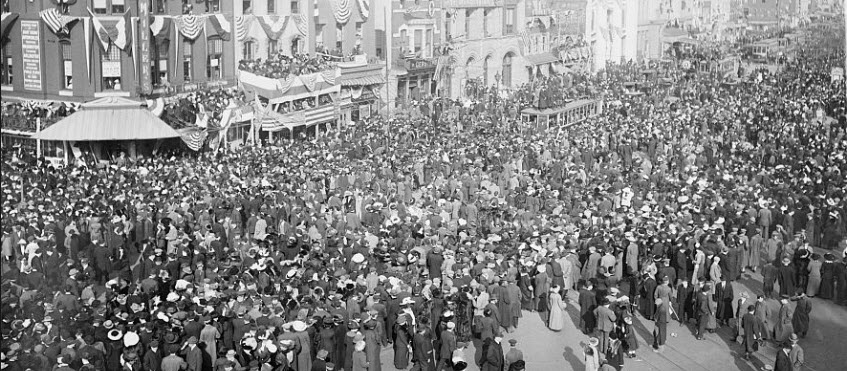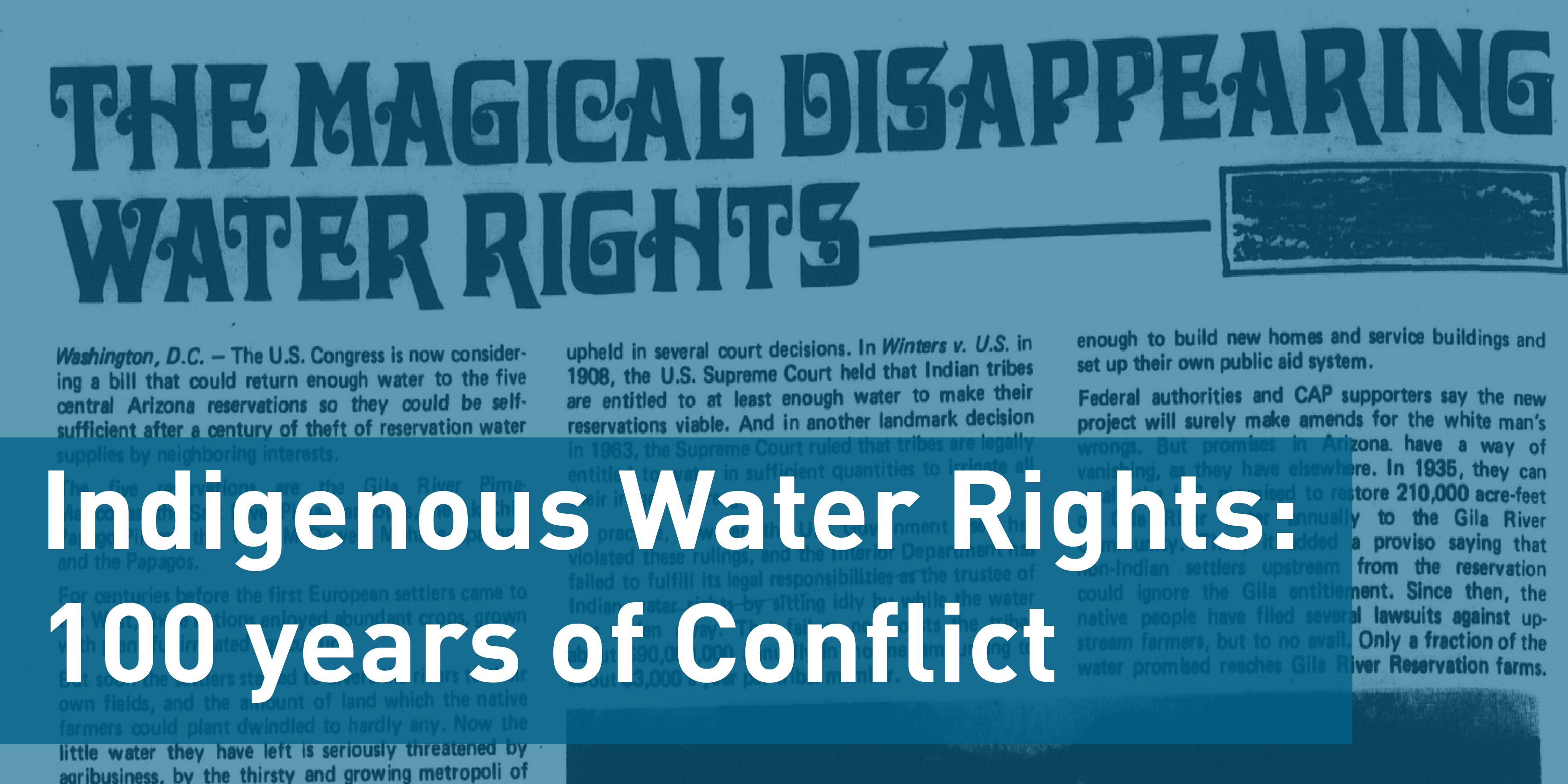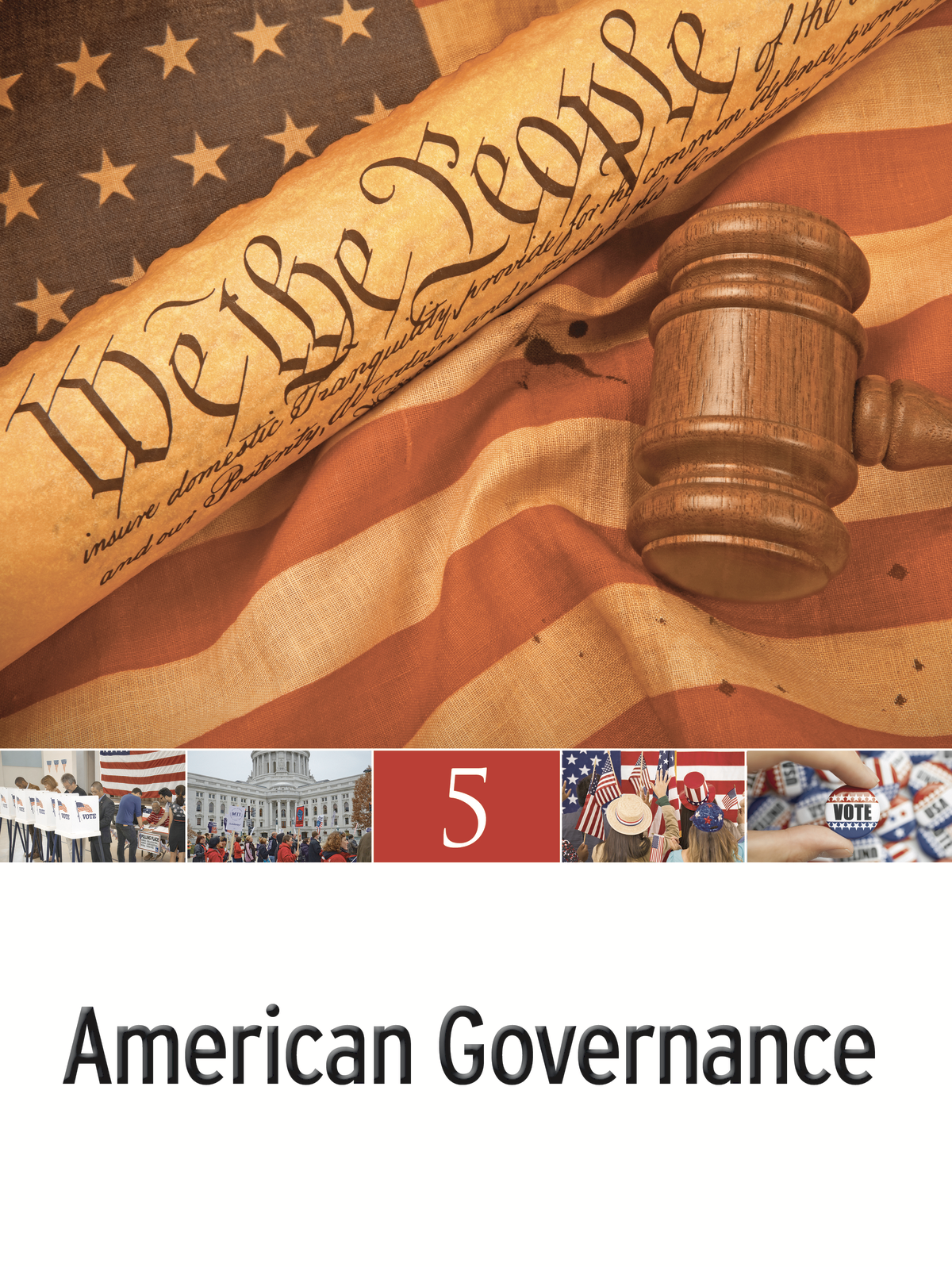By Traci Cothran
There was a time when we didn’t need to define what a fact was – or rather, we all understood that it meant the same thing. It was a fact – it was the truth; the rest was fiction or opinion. There were clear, credible sources, and there were those that weren’t. Now students, teachers, and librarians (as well as the rest of the American populous) must grapple with distinguishing fact, fake news, and “alternative facts” on a near-constant basis. While the Internet gives us a plethora of easy-to-access information, it’s up to us to discern what is factual and what is not.
To do that, we need to start asking hard questions of everything we read and hear – such as:
- Where did that Facebook “news” post originate?
- Is this news or a “newsvertisement?”
- Are these statistics or this sound bite taken out of context to distort their meaning?
- Who penned this article? Do they have a specific agenda that influences their writing?
- Who created this website and how are they getting paid for their content?
- When you reverse-search the image used in the article, do you find different source content?


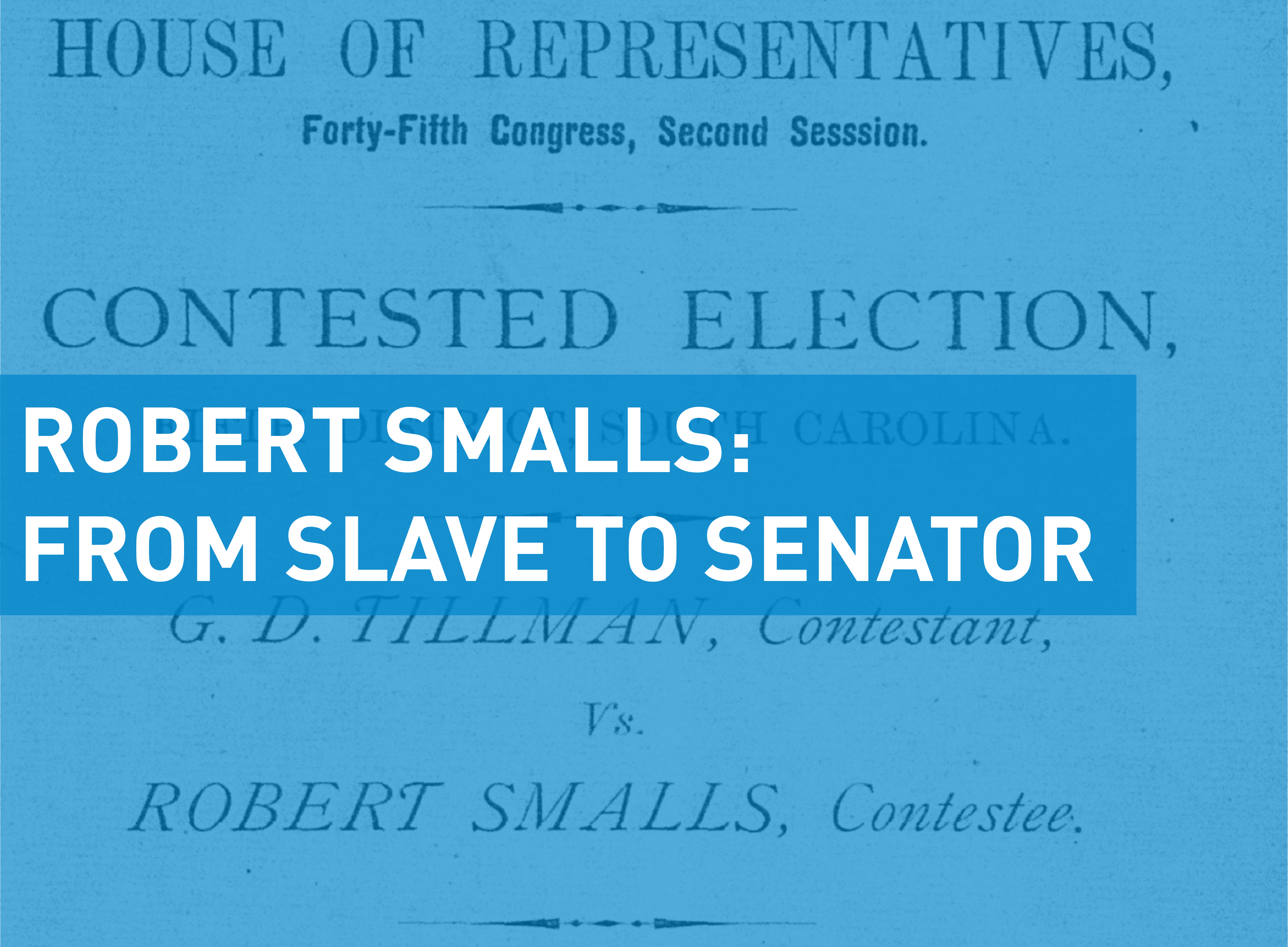



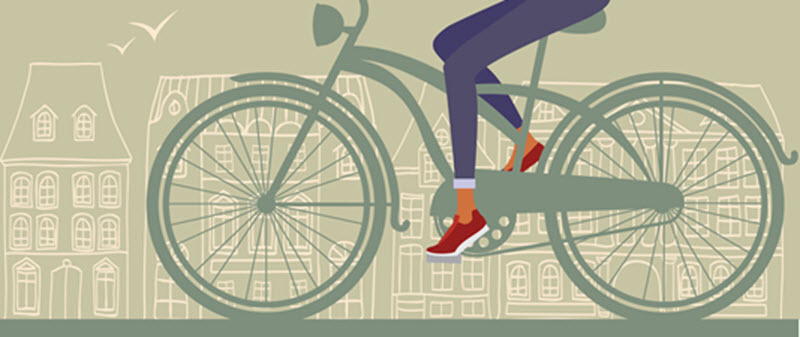
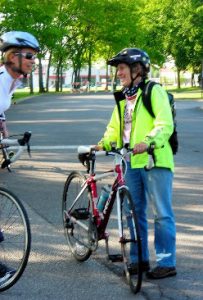 I am a bike commuting librarian at Nashville State Community College in Nashville, TN. My passion job is what I do. I love helping people find the information they need. I am a member of the Tennessee Library Association and a part of the Sustain Round Table of ALA. A bike is sustainable transportation and also a great way to tell Tennessee citizens about TEL. I commute to my job by train and bike. Sometimes when I ride through neighborhoods I will stop and chat with people, always telling them about all the great free resources Tennesseans have access to in TEL, and handing out TEL and database bookmarks!
I am a bike commuting librarian at Nashville State Community College in Nashville, TN. My passion job is what I do. I love helping people find the information they need. I am a member of the Tennessee Library Association and a part of the Sustain Round Table of ALA. A bike is sustainable transportation and also a great way to tell Tennessee citizens about TEL. I commute to my job by train and bike. Sometimes when I ride through neighborhoods I will stop and chat with people, always telling them about all the great free resources Tennesseans have access to in TEL, and handing out TEL and database bookmarks! 